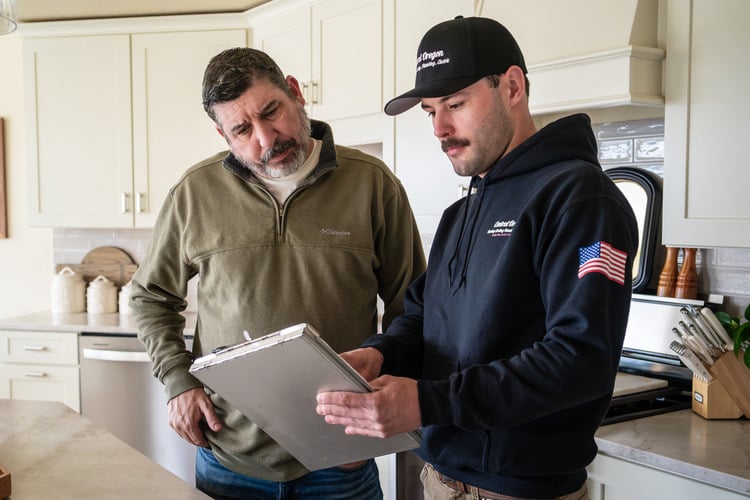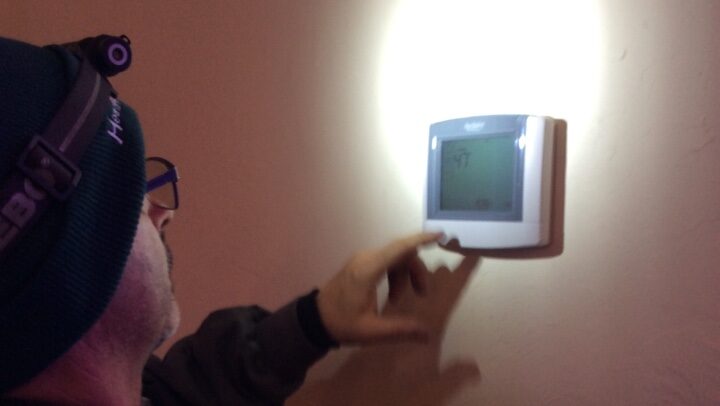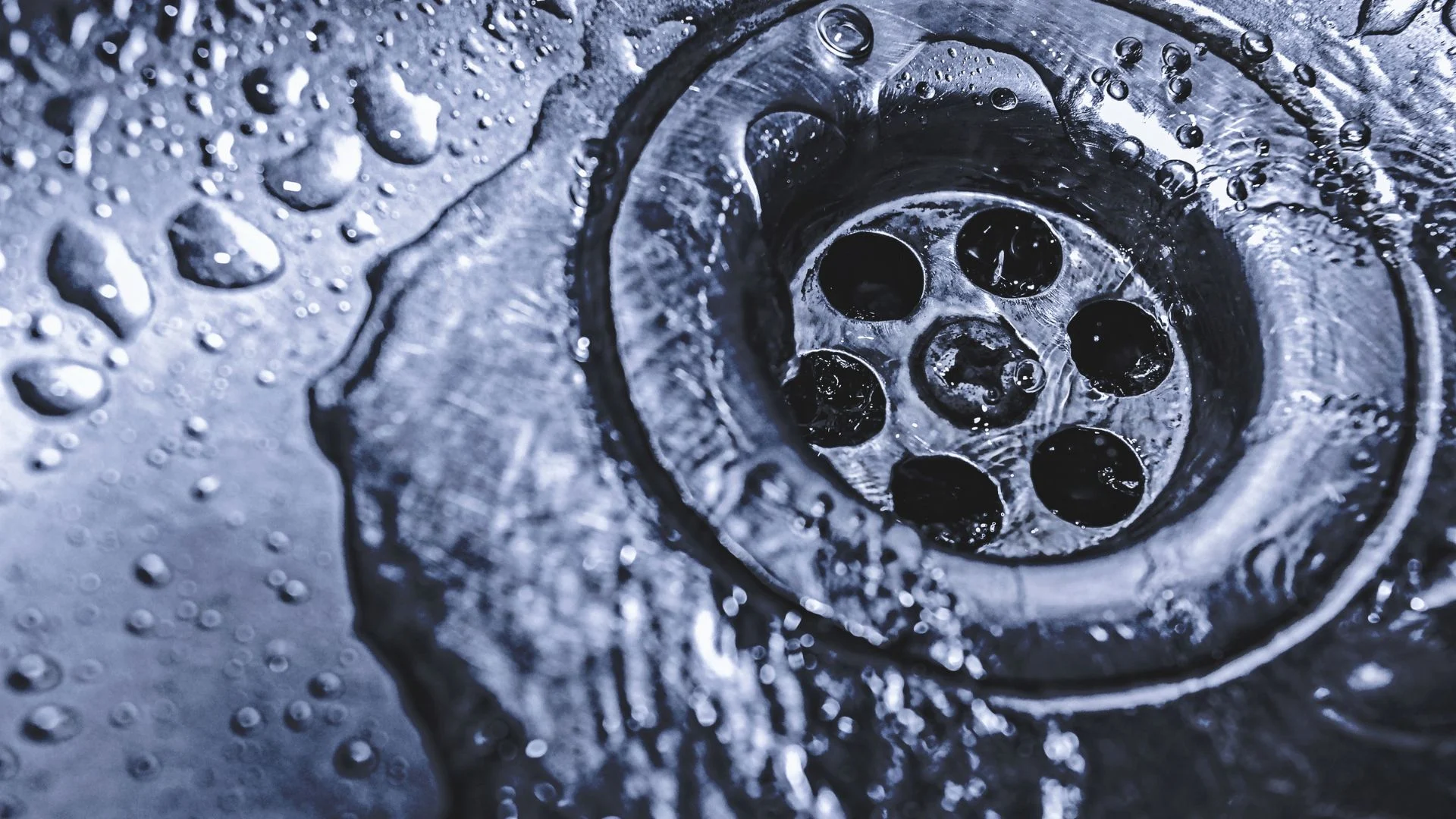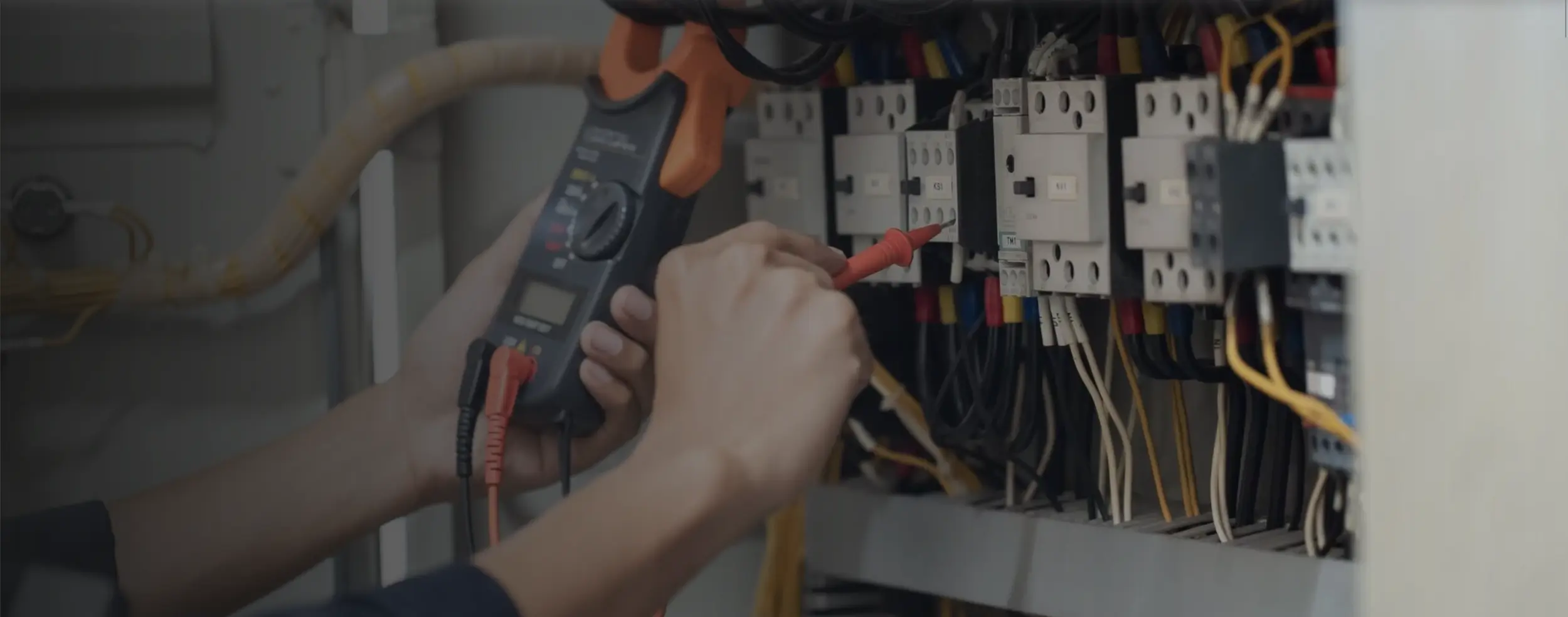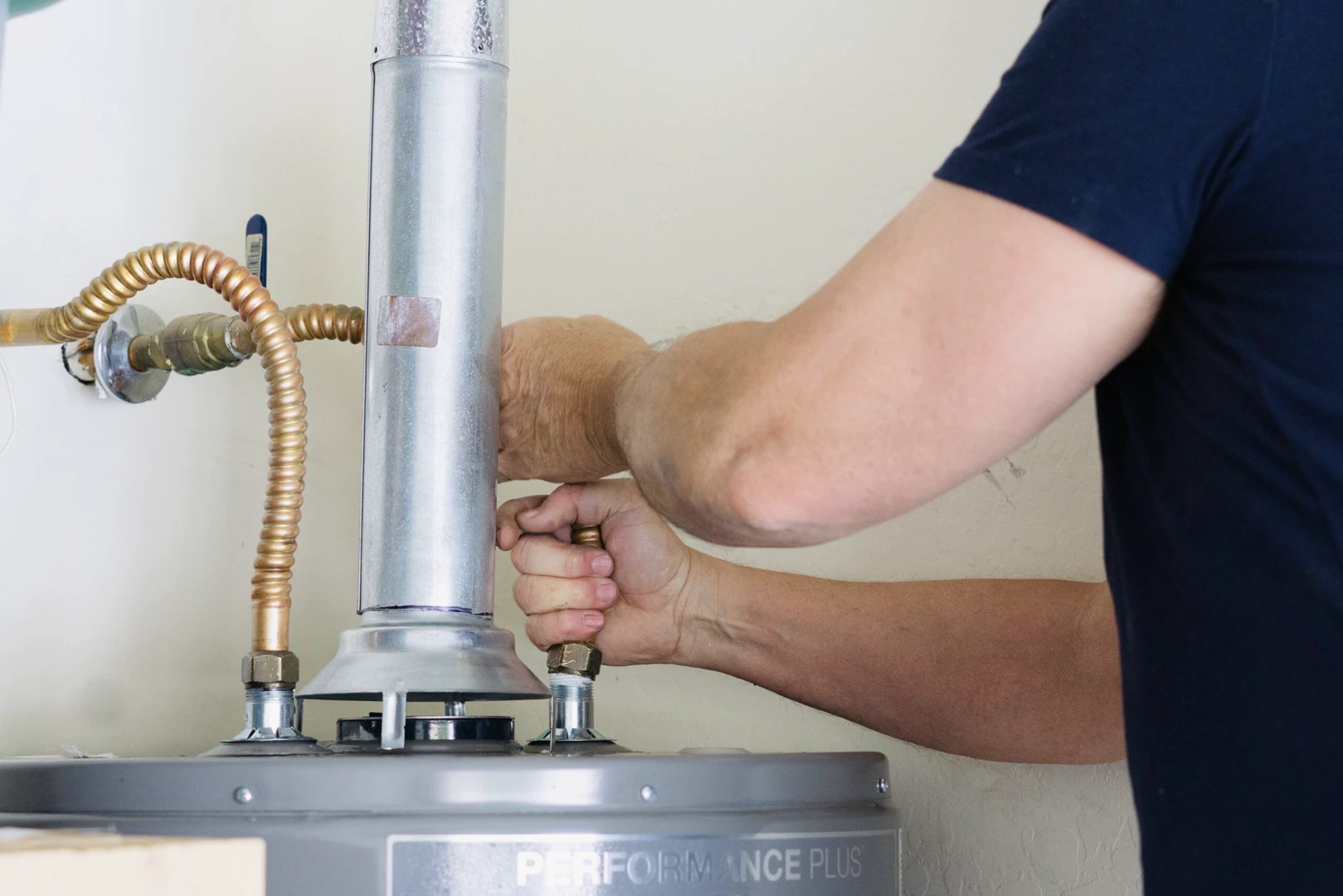Carbon Monoxide Safety Tips for Homes with Furnaces
Carbon monoxide is a gas that is produced when wood, gas, and other fuels don’t burn completely. Because it is odorless and tasteless, it can build up to dangerous levels without anyone realizing it.
When wintertime arrives, homeowners in Bend and Redmond have to switch on their gas furnaces to stay warm. However, a faulty furnace can release carbon monoxide into the air. This is why it’s so essential to schedule furnace services, perform necessary repairs, and make sure your carbon monoxide alarm is in working order.
At Central Oregon, we can help with all of your heating, ventilation, and air conditioning (HVAC) needs. To keep your family safe this winter, we’ll dive into some of the most important carbon monoxide safety tips.
What Is Carbon Monoxide and Why Is It Dangerous?
Fuel-burning appliances produce carbon monoxide as a byproduct. When they are functioning properly and well-vented, there is minimal carbon monoxide produced.
However, poor venting and faulty appliances can increase the amount of this gas released into the air. Because the gas is odorless, tasteless, and colorless, it is impossible for people to detect it.
For many people, the first carbon monoxide poisoning symptoms involve headaches, nausea, and vomiting. The severity of symptoms and how quickly they progress depend on the concentration of carbon monoxide. At high levels, this gas can be fatal in minutes.
Low levels may cause flu-like symptoms. Because the symptoms are less acute with lower levels of carbon monoxide, organ damage and other complications can build up without anyone realizing it. Because low and high levels of carbon monoxide can result in serious health issues and death, it’s essential to detect and fix this issue right away.
Common Sources of Carbon Monoxide in Homes
There are many different appliances that burn carbon-based fuels, such as gasoline, natural gas, and wood. The following appliances are the most frequent sources of carbon monoxide in typical Bend and Redmond homes.
- Gas furnaces
- Fireplaces
- Water heaters
- Gas stoves
- Attached garages if vehicles or generators are left running
Signs and Symptoms of Carbon Monoxide Exposure
If you or your loved ones are exposed, you may notice the following carbon monoxide poisoning symptoms.
- Headaches
- Dizziness
- Nausea
- Fatigue
- Confusion
As soon as you suspect carbon monoxide exposure, immediately leave your home and get fresh air. Then, seek medical help. A medical professional can determine if there is any organ damage or other issues from your exposure. You’ll also need to call your gas utility, a licensed HVAC technician, or a similar professional to stop the leak, repair the appliance involved, and prevent future issues.
Install Carbon Monoxide Detectors in the Right Locations
One of the most important carbon monoxide safety tips is to install CO detectors in the right locations. To protect your family, there should be a detector outside of every sleeping area and on each level of your home. For example, a three-story home should have a minimum of three detectors so that there is at least one on each level.
Your CO detector placement should also consider how close the detector is to furnaces. It needs to be near enough to detect any carbon monoxide released, but it shouldn’t be too close. Furnaces can release tiny amounts of carbon monoxide during their normal operations, so an overly close placement can cause the detector to pick up harmless levels of carbon monoxide.
Once the detectors have been installed, you should make sure to test them at least once per month. To make sure they’re fully functional, you should also replace the batteries at least once per year.
Schedule Annual Furnace Inspections
As part of your carbon monoxide and furnace safety, you should schedule routine furnace inspections each fall. During the inspection, our HVAC technicians will look for cracks, signs of leaks, and ventilation issues. To ensure the safety of your family, you should only hire licensed technicians to perform your annual furnace inspection.
Keep Furnace Vents and Flues Clear
Besides scheduling a furnace inspection in Central Oregon, there are a few routine maintenance tasks you can handle on your own. Periodically, check to make sure the exhaust isn’t blocked by snow, debris, or bird nests. This can generally be done through a visual inspection.
Because we’re in a high desert climate, dryness and dust can stress your HVAC system. This can lead to a higher likelihood of leaks and repairs. Additionally, altitude can impact combustion, so it’s essential to clean burners regularly.
Never Ignore Furnace Warning Signs
To ensure the safety of your loved ones, don’t ignore red flags. Call for help as soon as you notice any of the following issues.
- Yellow or flickering pilot lights instead of blue, consistent flames
- Soot buildup
- Frequent system shutdowns and short cycling
- Odd smells
Carbon Monoxide Safety Tips for Winter in Central Oregon
As part of your heating safety in Central Oregon, there are a few day-to-day changes you can make in how you use heat. When temperatures drop significantly in the winter, many homes rely on heavy furnace usage to stay warm. Often, this means that windows are closed as well.
Both of these factors increase the likelihood of carbon monoxide buildup. Simple tasks, like clearing snow from vents, cleaning out chimneys, and maintaining your flues, can ensure good ventilation. Additionally, you should never use a space heater, outdoor grill, or generator indoors or in an enclosed space.
What To Do If Your Carbon Monoxide Detector Goes Off
If your detector goes off, use the following carbon monoxide safety tips to protect your loved ones.
- Make everyone go outside.
- Immediately call for emergency medical help if anyone experiences symptoms.
- Reach out to a licensed HVAC professional to repair your furnace.
- If you suspect a gas leak, you should also call your utility provider to shut off the gas line.
When To Upgrade an Older Furnace for Safety
There are a few common indicators that it may be time to invest in a new furnace.
- Your furnace is 15 to 20 years old.
- You have to perform increasingly frequent repairs.
- The unit is inefficient or unsafe to operate.
FAQs About Carbon Monoxide Safety
Discover some of the most important carbon monoxide safety tips by checking out the following questions and answers.
What releases carbon monoxide in my house?
Carbon monoxide is released from the burning of any carbon-based fuel. If you have a furnace, water heater, stove, or fireplace that is powered by anything other than electricity, there are potential carbon monoxide risks involved. Through proper care and maintenance, you can ensure each appliance is functioning correctly.
What does carbon monoxide do to humans?
Because it doesn’t have an odor or taste, carbon monoxide can be inhaled without anyone realizing it. Once this happens, the carbon monoxide replaces the oxygen that the person would normally be breathing. Initially, you may notice a headache, nausea, or vomiting. Because of the lack of oxygen and resulting organ damage, carbon monoxide poisoning can quickly become deadly.
Should a carbon monoxide detector be placed high up in my home?
Yes, most manufacturers recommend placing carbon monoxide detectors around eye level (about 5 feet or higher) on your walls. This gas is slightly lighter than air, which makes it rise. As a result, it is easier to detect the gas if the unit is placed at a higher location.
Ensure Your Family’s Safety and Comfort
While there are serious risks to worry about, the right carbon monoxide safety tips can keep your family safe in cold winter temperatures. By scheduling a furnace safety inspection, you can spot potential dangers before they escalate. At Central Oregon, we offer a membership plan that makes getting routine maintenance a breeze and provides an exclusive discount on repairs.
As temperatures drop in Bend and Redmond, Central Oregon Heating, Cooling, Plumbing & Electrical is here to help. Stay safe this winter by booking your next furnace inspection or repairs today. Call 541-227-6258 now!


